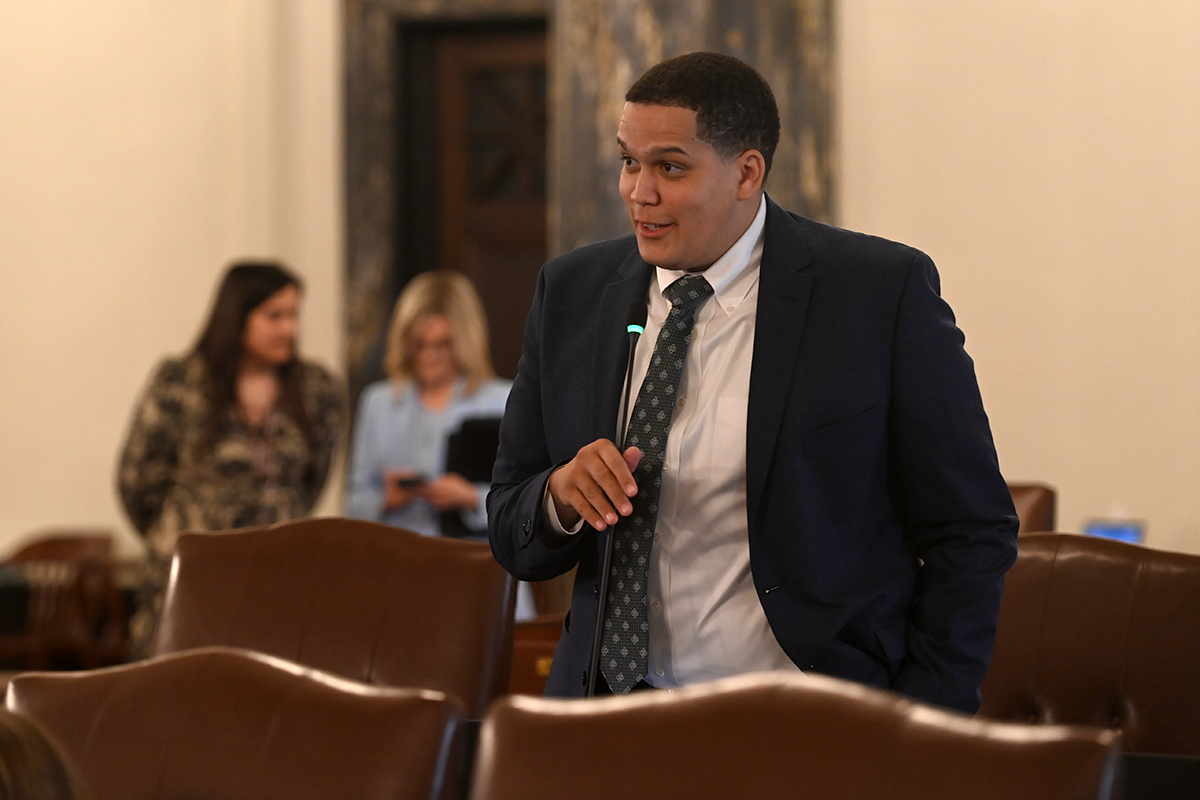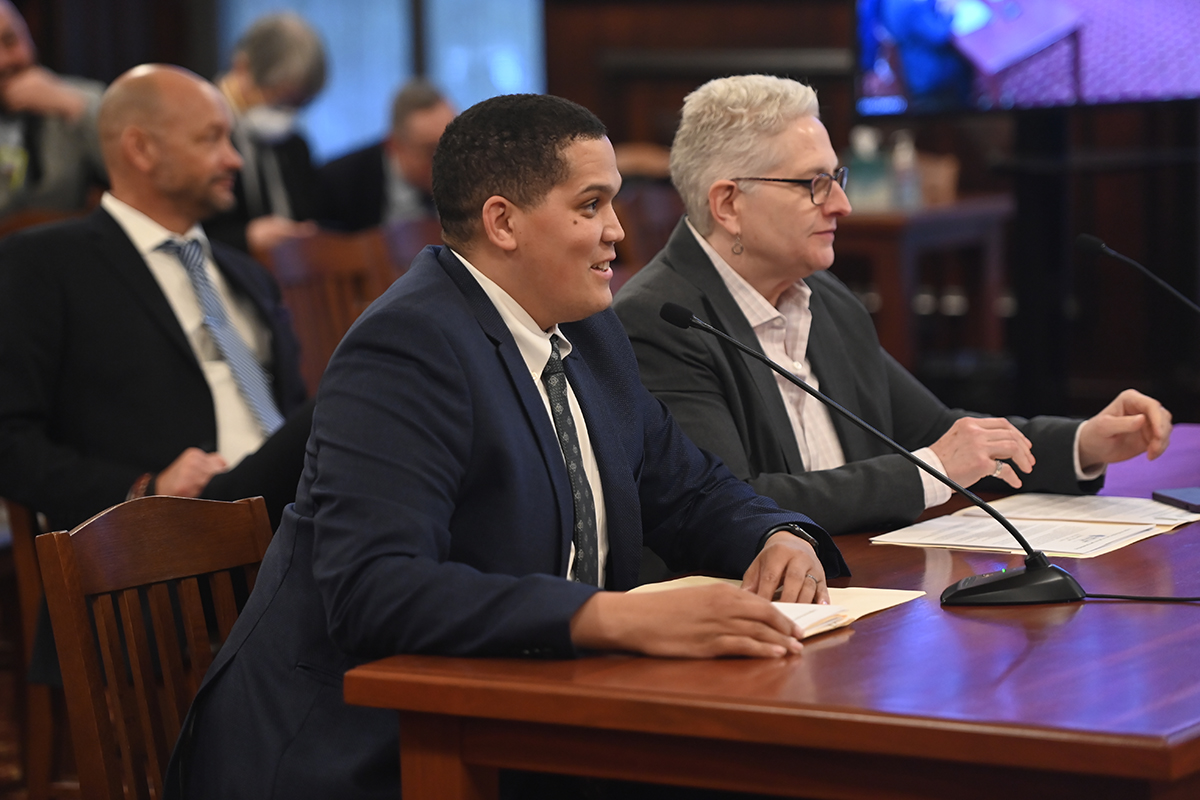- Details
- Category: News
May 5, 2023
The Honorable Lori E. Lightfoot, Mayor of Chicago
121 N. LaSalle Street
Chicago, IL 60602
Dear Mayor Lightfoot:
As far back as the early 1910s, Chicago served as a city of refuge for those looking to escape social, political and physical execution. Over half a million people fled the southern United States seeking to protect their families and the future generations after them. Chicago was not proactive in preparing housing, educational opportunities, and implementing measures in the face of The Great Migration to rid the city of discrimination at the time, resulting in today’s legacy of de facto segregation. In an effort to close the gap left by the negligent response by the City, local churches and social organizations provided travel, housing and employment assistance to those seeking refuge. Today, many of the descendants of those who participated in The Great Migration are healthy Chicago natives that contribute financially, socially and culturally to the City we know and love.
Mirroring the great migration, we are now faced with the responsibility to accept migrants being shuttled from Texas and help them assimilate into the United States. This responsibility has stretched the limits of our cooperative social service groups, as many migrants are now staying in overcrowded spaces. This is unacceptable, and we should be supporting our local churches, as we did during The Great Migration, to help vulnerable people and treat them with the dignity they deserve. St. Kevin’s Church in South Deering is a great option to shelter migrants and equip them with appropriate support services. St. Kevin’s Church has an unblemished tradition of service and outreach as they have an unwavering respect for life.
Chicago has always served as a sanctuary city, so it is disappointing to witness the prolonged attempt to reach out to social organizations, such as Centro de Trabajadores Unidos , to stabilize overpopulated shelters. As we continue to receive migrants and brace for the impact of additional migrants seeking refuge in the United States, we need to take advantage of local entities such as St. Kevin’s Church and Centro de Trabajadores Unidos that are willing and capable of assisting those in their time of need. I urge you to recognize this event for what it is, a humanity crisis, and operate accordingly.
Thank you for your consideration.
Sincerely,

Robert Peters
Illinois State Senator, 13th District
- Details
- Category: Press Releases

“Illinois courts should not be able to prosecute minors for violations of another state’s laws,” said Peters (D-Chicago). “This measure prevents an overreach of power, which can blur the lines between the role Illinois has on other states’ criminal justice systems and vice versa.”
In The People of the State of Illinois v. Kelan W., sixteen year-old Kelan stole a vehicle in Missouri and used it to drive to Illinois, where Kelan resides. The Illinois court system petitioned to charge Kelan as a delinquent minor based on the carjacking taking place in Missouri and under Illinois laws against unlawful possession of a stolen vehicle. The Illinois supreme court allowed Kelan to be tried for violating both states’ laws.
Under current law, a delinquent minor is any minor who, prior to their 18th birthday, has violated or attempted to violate, regardless of where the act occurred, any federal, state, county or municipal law or ordinance. Illinois courts currently hold the ability to prosecute delinquency proceedings for a violation of another state’s laws.
House Bill 2223 redefines a delinquent minor as a minor who violates or attempts to violate a state, local or municipal law or ordinance. Peters’ measure also removes a provision that a minor may meet the definition of delinquent regardless of where the violation or attempted violation occurred.
“Subtle loopholes are rarely favorable toward vulnerable communities,” said Peters. “Implementing clear and equitable measures on how to conduct court proceedings fosters lasting public safety.”
House Bill 2223 passed the Senate Thursday.
- Details
- Category: Press Releases

“Prison gerrymandering is a tool that makes incarcerated individuals unfairly represented in the electoral process,” said Peters (D-Chicago). “Using the correct demographic information for incarcerated individuals will ensure more equitable and suitable representation.”
The No Representation Without Population Act, requires incarcerated individuals be counted at their home address for redistricting purposes.
HB 1496 will require sentencing court clerks to record demographic information such as the incarcerated individual’s race, and whether the person is 18 years of age or older in addition to the person's last known street address prior to incarceration. During census years, the measure also requires the Department of Corrections to report to the State Board of Elections the last known street address of the individual before incarceration, or to report an address collected if the incarcerated individual is eligible for parole.
“This measure helps legislators have an accurate sense of their constituency,” Peters said. “Equal and fair representation is a founding principle of the United States. This measure preserves this fundamental principle.”
House Bill 1496 passed the Senate Thursday.
- Details
- Category: Press Releases

“Tourism is our way to share our history and our stories with visitors from all over the world,” said Peters (D-Chicago). “By providing funding for tourism attractions, we bolster our economies, create good-paying jobs, and strengthen the future of our communities.”
The Illinois Travel and Tourism Grant Program awarded $2.9 million in funding to 51 local governments, municipalities and nonprofit agencies for the development of tourist attractions and events. Additionally, the state will be matching funds to offset marketing expenses for expenditures such as promotional materials and production costs.
Navy Pier was awarded $100,000 to support the “Light Up the Lake” event, and the Chicago Architecture Foundation was awarded $95,032 to aid Chicago Architecture Biennial promotional efforts. Additionally, the Lookingglass Theatre Company and the Museum of Contemporary Art were awarded $100,000 and $65,000, respectively.
“People from every corner of the world visit Chicago,” Peters said. “I look forward to seeing these organizations using the funds in a way to preserve the international significance of Chicago tourism.”
To view a full list of Illinois Travel and Tourism Grant Program recipients, click here.
More Articles …
Page 36 of 91




